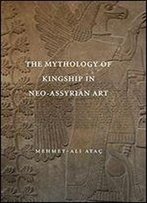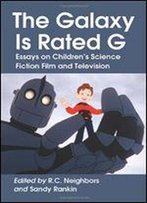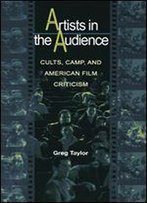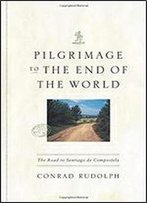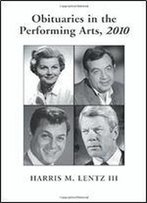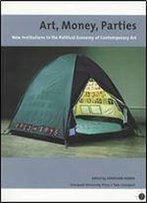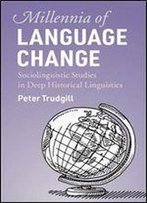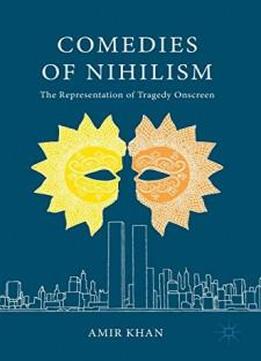
Comedies Of Nihilism: The Representation Of Tragedy Onscreen
by Amir Khan /
2017 / English / PDF
3.6 MB Download
This book presents close-readings of seven post-millennial
comedic films:
This book presents close-readings of seven post-millennial
comedic films:Up in the Air
Up in the Air,
, Tropic
Thunder
Tropic
Thunder,
,JCVD
JCVD,
,Winnebago
Man
Winnebago
Man,
, The Trotsky
The Trotsky,
, Be Kind Rewind
Be Kind Rewind,
and
,
andHamlet 2
Hamlet 2. It is a sequel to Stanley Cavell’s 1981
landmark study of the comedic genre,
. It is a sequel to Stanley Cavell’s 1981
landmark study of the comedic genre, Pursuits of
Happiness
Pursuits of
Happiness, where he examines seven comedies of Hollywood’s
“Golden Age.” Khan puts forward the idea that comedies, once
centred on the conventional “happy ending,” are no longer
interested in detailing the steps to any ending we might call
happy. Instead, the agenda of most culturally serious comedies
today is to “spoof,” to make all that is fair foul. The seven
films presented here risk a type of cultural nihilism―spoofing
for the sake of spoofing and nothing else, indicative not of
film’s promise but its failure.
, where he examines seven comedies of Hollywood’s
“Golden Age.” Khan puts forward the idea that comedies, once
centred on the conventional “happy ending,” are no longer
interested in detailing the steps to any ending we might call
happy. Instead, the agenda of most culturally serious comedies
today is to “spoof,” to make all that is fair foul. The seven
films presented here risk a type of cultural nihilism―spoofing
for the sake of spoofing and nothing else, indicative not of
film’s promise but its failure.
By equating the failure of film with the failed national politics
of Canada (or the failed politics of nationalism and community
more generally), this study shows that comedy has less to do with
happiness and more to do with the grotesque. The films analysed
represent hyper-realized forms of comic irony and move towards
what theatre knows as tragedy, or a tragic vision.
By equating the failure of film with the failed national politics
of Canada (or the failed politics of nationalism and community
more generally), this study shows that comedy has less to do with
happiness and more to do with the grotesque. The films analysed
represent hyper-realized forms of comic irony and move towards
what theatre knows as tragedy, or a tragic vision.


